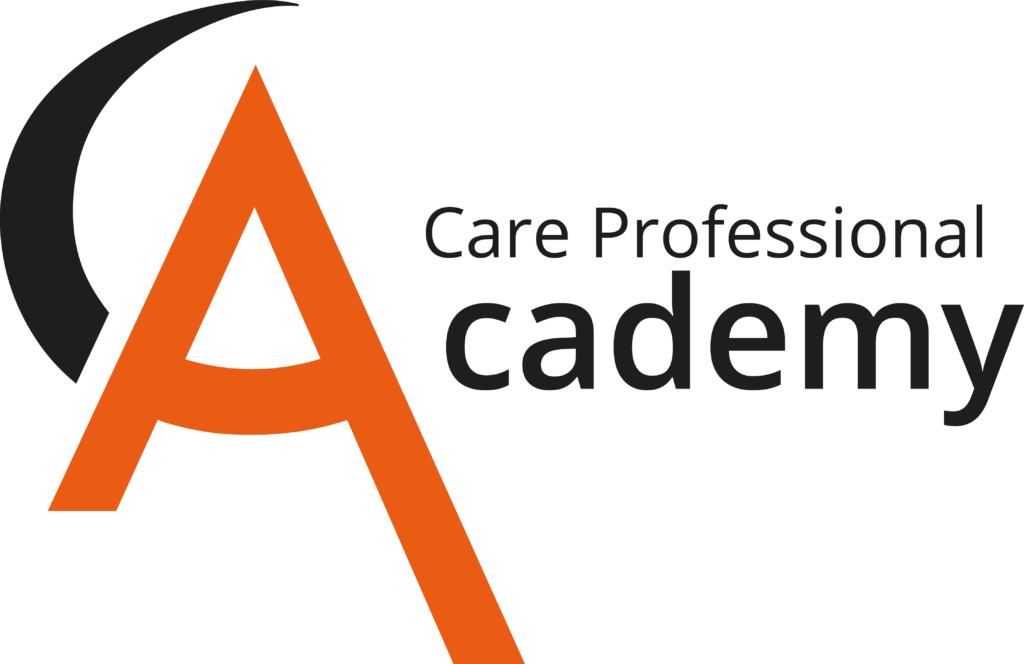Care Professional Academy Assured Training Partner
Terms & Conditions (2025/26)
The Care Professional Academy (CPA) recognises Training Partners that deliver high-quality education to care organisations across England. Assured Training Partners may include Independent Training Providers or health/care system partners offering specialised courses.
The CPA Assured Training Partners service ensures care providers and local authorities can trust the quality of education provided, ultimately supporting the delivery of exceptional, person-centred care.
This document outlines the responsibilities and expectations of CPA Assured Training Partners, ensuring the highest standards of education and care delivery across the sector.
Successful applicants will:
- Be included on the CPA’s published list of Assured Training Partners within their service regions.
- Be able to use the “Assured Training Partner” logo in accordance with CPA guidelines.
- Be able to promote relevant educational courses via CPA (fees apply).
Cost of Application: £400+VAT per provider
Application
By applying, applicants agree to:
- Provide accurate and verifiable information and evidence in their application.
- Encourage care professionals to register with the Academy at careprofessional.co.uk when issuing certificates.
- For Assured Partners, CPA offers the convenience of uploading certificates directly to learners’ profiles.
- Issue training certificates promptly, including as a minimum:
- delegate’s name
- course title
- learning outcomes
- course duration
- validity period
- trainer’s name
- Academy Assured logo (CPA awards additional points to certificates issued by CPA Assured Training Partners)
- Ensure trainers maintain up-to-date subject knowledge.
- Deliver training that is current, safe, and reliable, aligning with national standards and frameworks
- Incorporate local context into education programmes
- Clearly advertise course fees and provide terms and conditions to clients.
- Acknowledge CPA’s non-liability for disputes between trading partners.
- Comply with GDPR regulations and maintain regularly reviewed policies.
- Hold adequate insurance policies
- Allow CPA to conduct quality assurance activity at any time.
Quality Assurance
- CPA may conduct desk-based audits and/or scheduled or unannounced training observations at any time to test the effectiveness of Training Partners quality assurance mechanisms.
- Observers of training will evaluate training effectiveness based on;
- Planning & learning objectives
- Resources & activities
- Differentiation & challenge
- Assessment & feedback
- Trainer expertise
- Equality, diversity, and inclusion
- Health & safety
- Learner safeguarding
- Learner progress
- Feedback will be provided, and if necessary, action plans devised to be implemented.
- Training Partners may appeal decisions made by CPA
Compliance
- CPA reserves the right to suspend, or revoke Assured status if it is believed a partner:
- Has violated CPA terms and conditions.
- Has acted fraudulently towards a care provider.
- Is suspended by Companies House.
- Misuses the CPA logo
- Provides inadequate training
- Has unresolved or historical debts to CPA
- Is subject to a safeguarding concern.
- CPA’s decisions regarding suspension are final following the appeals process. No refunds will be issued.
Required Policies
- Assured Training Partners must maintain a comprehensive quality assurance framework, alongside key policies, including:
- Equality, Diversity and Inclusion
- Zero Tolerance
- Safeguarding
- PREVENT
- Reasonable Adjustments
- Complaints & Appeals
- Malpractice & Maladministration
- Data protection & privacy
Appendix 1- Training Standards
Training must meet or exceed national and local standards. Relevant frameworks include:
- Skills for Care | Statutory & mandatory training
- Dementia Training Standards Framework
- Core Capabilities Frameworks for Supporting People with a Learning Disability and Autistic people
- End of Life Education Framework
- Mental Health Core Skills Education and Training Framework
- National Wound Care Workforce Framework
- Digital Skills Framework
This list is not exhaustive, and additional frameworks may apply.
